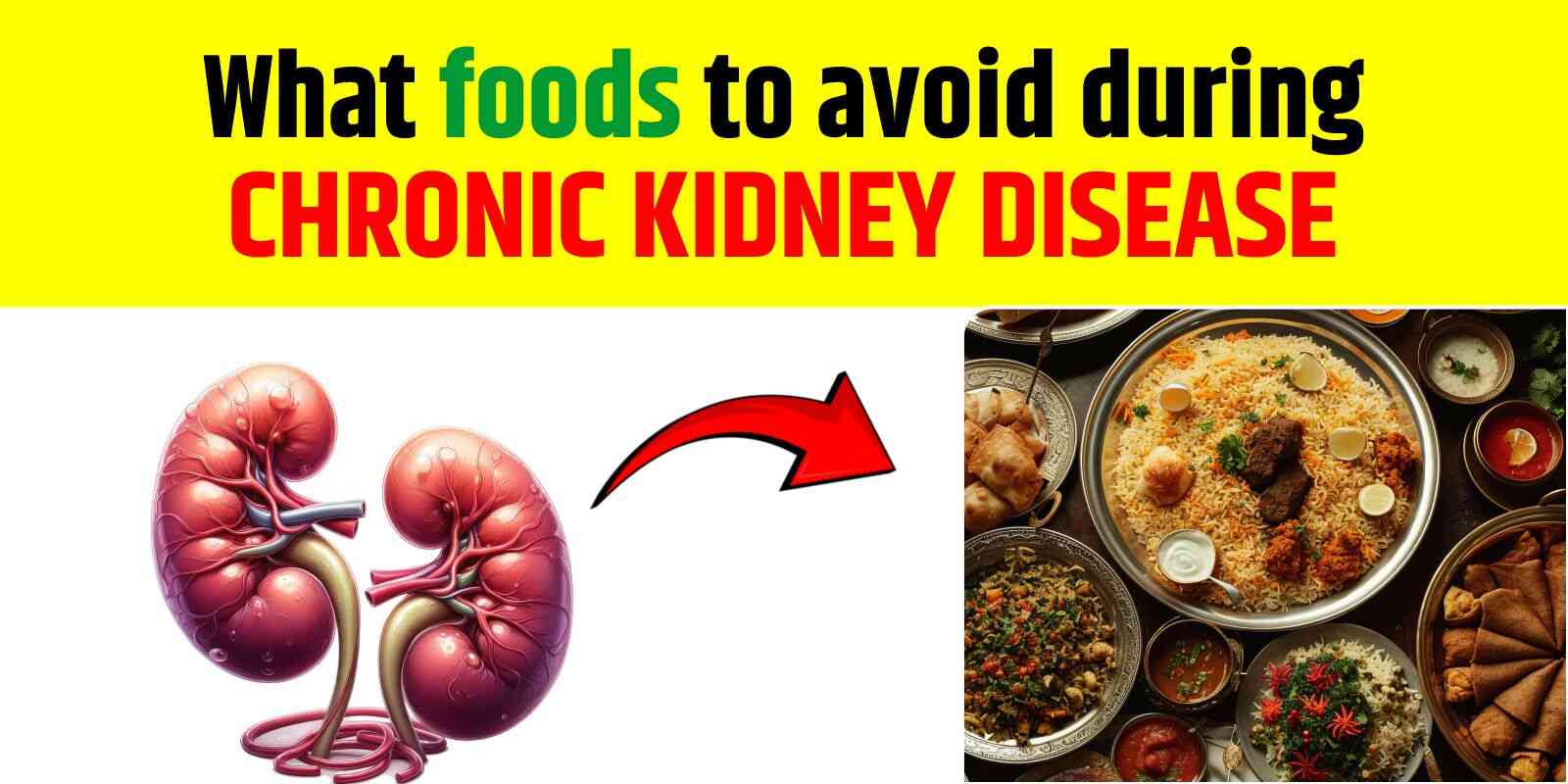
A renal diet makes a healthy contribution to kidney disease recovery. Many are not aware of the importance of a kidney-friendly diet and, unfortunately, do not get the most out of the treatment. A majority of the conditions that trigger impaired kidney function can be managed well with a healthy diet plan as suggested by the dietician. The goal is to reduce the fluid buildup and waste accumulation so as to prevent kidney function from losing even more.
Though the dietary restrictions for people with kidney disease vary depending on the stage they are in; some generalized tips may still help cope with the underlying disease and derive effective results from the ayurvedic treatment.
In the late stages, you are bounded to follow a kidney-friendly diet to avoid the buildup of certain chemicals or nutrients in the blood. As the kidneys are unable to function well, fluid may also start to retain, yet another complication that results in high blood pressure.
So, a kidney-friendly diet or renal diet ensures that you do not consume any mineral or nutrient not fit for your overall health.
Maximize your kidney disease recovery with a personalized renal diet. Consult our expert dieticians today! Contact us via WhatsApp or Call us now.
If you are following this diet, your dietician would suggest limiting sodium or potassium to an adequate amount. The National Kidney Foundation guidelines on a kidney-friendly diet limit sodium to under 2300 mg per day.
Potassium and phosphorus are also a concern for people with kidney disease because the buildup of these electrolytes can cause life-threatening issues. You should work closely with a renal dietician to monitor your dietary restrictions.
In addition to potassium and phosphorus, protein intake is also restricted at this time. Proteins are hard to be processed by the kidneys, whose function is compromised already.
Individuals with chronic kidney disease of all stages, especially stages 3 to 5, should restrict protein in their diets unless they’re on dialysis. Or they can switch to a plant-based protein diet at this time. But make sure to ask your dietician before incorporating any changes in your diet.
Ensure your diet supports kidney health by monitoring sodium, potassium, and phosphorus intake. Get expert guidance from our dieticians. Contact us via WhatsApp or Call us today.
You will find a lot about avocados for their nutritional qualities, but are they good enough for CKD patients? While they are healthy, kidney patients should avoid them because of being rich in potassium.
Canned foods such as soups or veggies should be avoided because they have a high amount of sodium. Salt is usually added to canned foods to increase shelf life. Due to this, it is often suggested to avoid canned foods for people with kidney disease.
Banans are a bucket full of potassium. While they are low in sodium, potassium content is relatively high in them, so they do not fit in renal diet guidelines.
Dairy products are a natural source of potassium, phosphorus, and protein. Consuming too much dairy products when your kidney function is not good can lead to bone and mineral disorders. It may be important to limit dairy intake to avoid the buildup of protein in the blood.
Processed meats have long been linked to chronic kidney disease because they result in creatinine buildup. Additionally, processed meats are salted and then preserved for use. Due to this high amount of salt and protein, and creatine, dieticians, usually recommend avoiding processed meats.
Just like others veggies, potatoes are also high in potassium. So, they are usually not suggested during kidney disease. But fortunately, there are ways through which you can bring down potassium content in them and consume a little.
Dried fruits are very healthy for they are rich in various nutrients but ideally not meant for kidney patients. If you have diabetes along with kidney disease, you should particularly avoid them for their higher sugar and potassium amount.
It is good to have green leafy vegetables in your diet. But if your kidney function is compromised, your dietician would advise avoiding or intaking only a limited amount of green leafy vegetables.
Tomatoes are another high potassium fruit restricted during a kidney-friendly diet.
Ready-to-eat snack foods like chips, nutcrackers, namkeens are also high in salt. Also, chips are made from potatoes, which means kidney patients cannot consume them.
Dark-colored sodas are rich in calories, sugar, and additives that contain phosphorus. Manufacturers add phosphorus to the sodas to enhance flavor, prolong shelf-life, and prevent discoloration. Sodas that are colored or flavored should be avoided on a renal diet.
Avoid foods that harm your kidney health. Consult our dieticians for a comprehensive renal diet plan. Contact us via WhatsApp or Call us now.
If you have kidney disease, you need to look after various aspects of a renal diet which includes reducing protein, potassium, phosphorus, and sodium consumption. The foods which are mentioned above should be avoided or consumed in limitation.
Disclaimer: If you are a kidney patient, do not make any diet or routine changes without consulting a kidney specialist. For that, you can consult our dietician. We help design a renal diet specific to an individual needs. For appointments, use this helpline: +91-9821929797 number or visit www.karmaayurvedahospital.com.
"Ayurveda is not just a system of medicine; it's a way of life. Connect with us to embrace a lifestyle that nurtures your body, mind, and soul."

Certificate no- AH-2023-0186
JAN 05,2023-JAN 04,2026